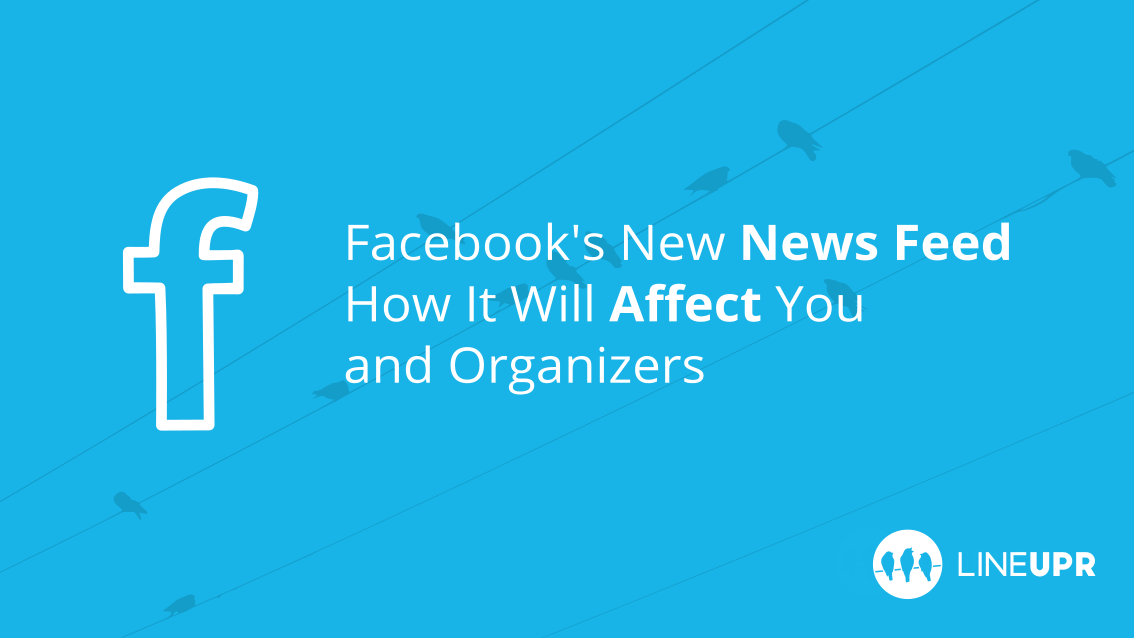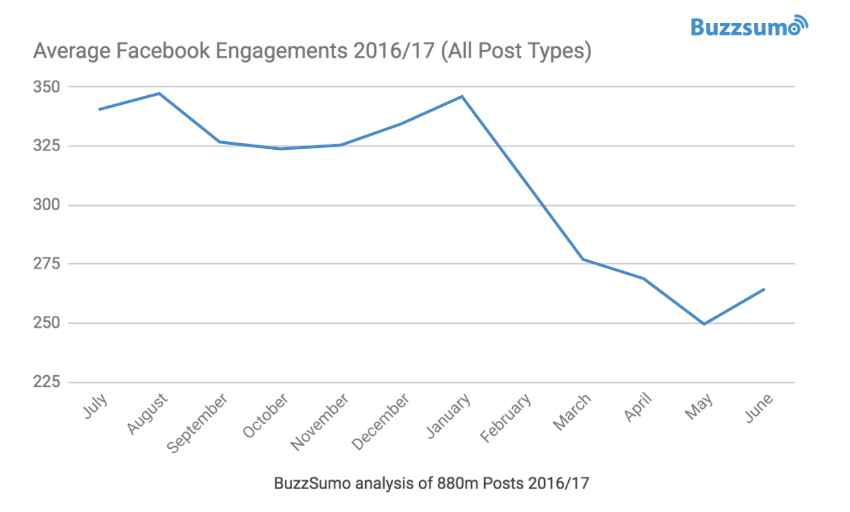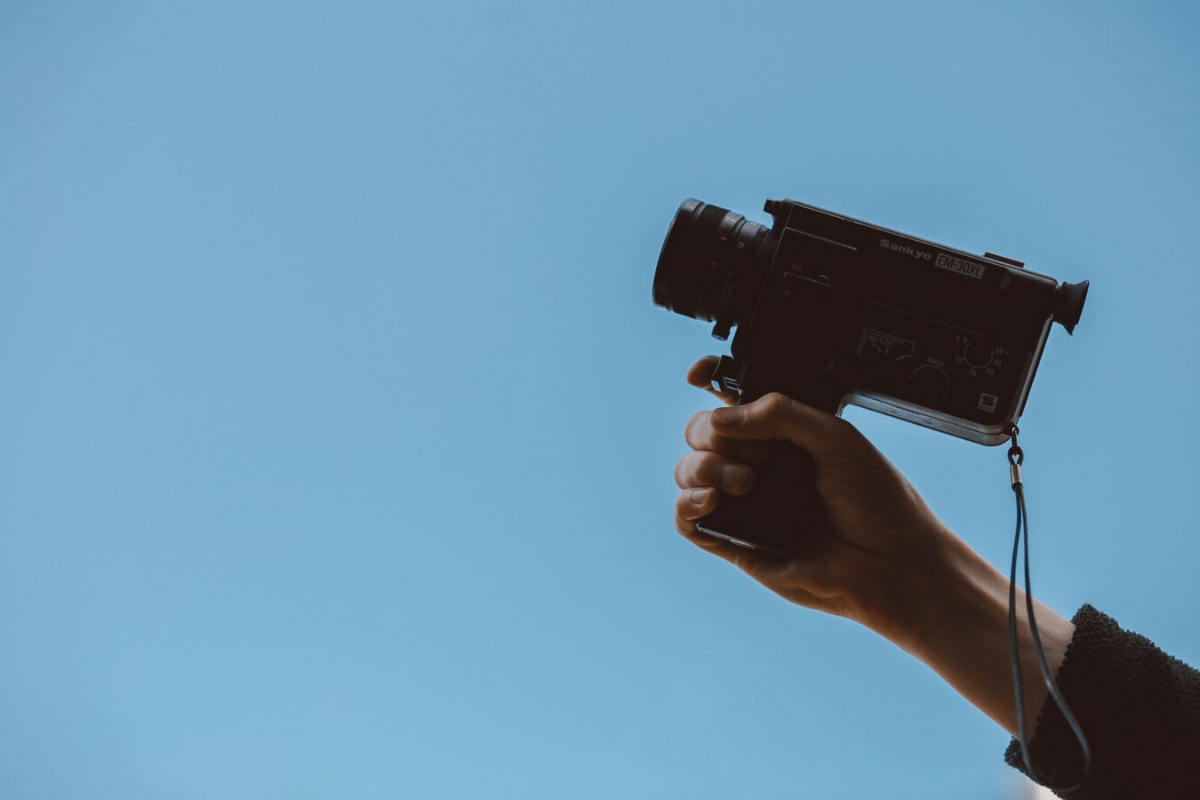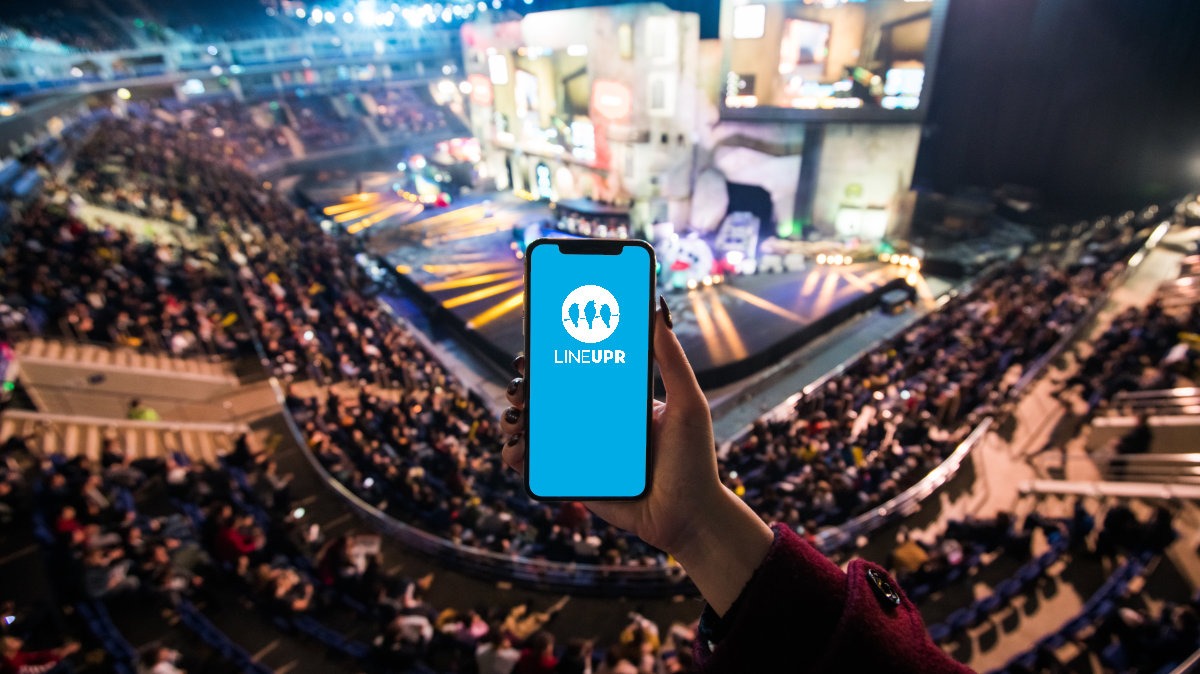Reading time: 8 minutes
Recently, Facebook announced a major change to its News Feed algorithm. The adjustment will have far-reaching implications for all Facebook users. In order to amplify social interactions between people, the visibility of external content will be decreased. Organic reach for most companies will decline and costs for advertising will increase. But if you’re prepared and do the right things, you can even benefit from the adaption.
At the beginning of every new year, Facebook founder Mark Zuckerberg gives the world a glimpse of his short-term visions. For 2018, Zuckerberg puts the focus on the News Feed and promises far-reaching changes. We tell you what you need to know as an event organizer now.
What do we know
The News Feed is the heart of Facebook: Users see posts and updates from their friends mixed with paid advertising content and recommendations. The News Feed algorithm determines which content to show you when and in which order.
Originally launched as an intimate and private news stream from your circle of friends, nowadays you get flooded with public advertisements and posts from publishers and companies. The formerly “social” network between your friends and family has become more and more a commercial, short-lived stream with a high concentration of viral content, news, and advertising.
Facebook’s proclaimed goal is to go back to its roots and become the social network again, where you spend your time “well” with human and “meaningful” interactions. Of course, the underlying motivation could be more of a business nature. There are no official statistics, but various estimates show, that users’ interaction rates decrease. During the fourth quarter of 2017, the number of daily users in the USA declined for the first time. With lower interaction rates, the likelihood of users eventually abandoning Facebook rises. Sean Parker, a Facebook investor, provides interesting insights in this video.
Implications for Organizers
As usual, Zuckerberg rarely talks about concrete actions, but about visions. Also, the News Feed algorithm is already a black box today. It is therefore difficult to say how it will change in concrete terms to achieve the objectives mentioned. Irrespective of that, we can expect the following implications:
1. Organic Distribution of Articles and Fan Pages
The News Feed algorithm has constantly changed during the last years. Nowadays, we all see seemingly random posts of people and fan pages which we do not know. Posts of friends are displayed further down the stream or later than originally published. Thus, more and more organic content from your friends gets pushed back.
Facebook’s goal is to limit the number of posts from fan pages, companies and advertisements and to focus more on direct interactions between people. As a result, the organic reach of fan pages and articles will continue to decline. However, we can also expect that in total, advertisements will suffer the least from the reduced reach, because this is, where Facebook ultimately earns its money.
2. Paid Content and Advertising
Zuckerberg’s statements make clear that the number of advertisements shown to the users will decrease. At the same time, there will be significantly less organic reach from pages and external content in the News Feed that is pushed by viral effects. However, some sources want their content to continue to be displayed as before, and this is why they will have to make use of advertising.
These effects will ultimately lead to an increase in the price for advertising. Still: Depending on how important it is for you to reach (potential) visitors and customers on Facebook, you should take advertising into consideration.
3. Reduced Video Reach
Videos in the News Feeds are one of the main reasons for the declining interaction rates, as they inevitably lead to passive consumption. The reach of videos will decrease significantly this year again. Facebook has already started to show less viral videos at the end of 2017 and therefore accepted a heavy drop in usage time: In the fourth quarter of 2017, the daily usage time dropped by a total of 50 million hours.
So, if your current communication strategy heavily relies on video content, it’s about time to consider different types of content in the future!
4. User Votes on Content
Through users’ direct votes on content and publishers, Facebook will gain a higher quality of information which is “trustworthy, informative, and local”. Zuckerberg has already announced this change. Using quality surveys, users should now evaluate which news sources disseminate high-quality data and which do not. So far, this only affects news sites, but Facebook could extend these mechanisms to additional types of sources in the future.
Winners and Losers — and How to Become a Winner
Although only a few concrete actions are known so far, it is clear who will lose massively with the upcoming changes: The reach of news and media publishers who use Facebook as a tool for distributing their content will suffer. This applies in particular to producers of video content.
If Facebook’s strategy works, the winners might be the regular Facebook users who are using Facebook for its original characteristics of a social network. And this is exactly what you — as a publisher and event organizer — will have to address in the future: Establish a close relationship with your audience. This gives you a good chance that your organic reach will increase.
Learnings of the Day
Facebook will massively revise its News Feed algorithm. It will significantly reduce the amount of external posts, advertising, and video content. Direct interactions between people will become the focus again. Facebook wants to be the social network which it was originally. This is bad news for publishers who use Facebook solely as a content distribution channel. But those, who can establish a sustainable relationship with their readers, with many interactions, have a unique chance to benefit.
What’s your opinion of Facebook’s upcoming changes? How would you adjust the algorithm? Are you prepared? We look forward to your feedback.
“Facebook” Icon created by Maria Maldonado from “the Noun Project“.




